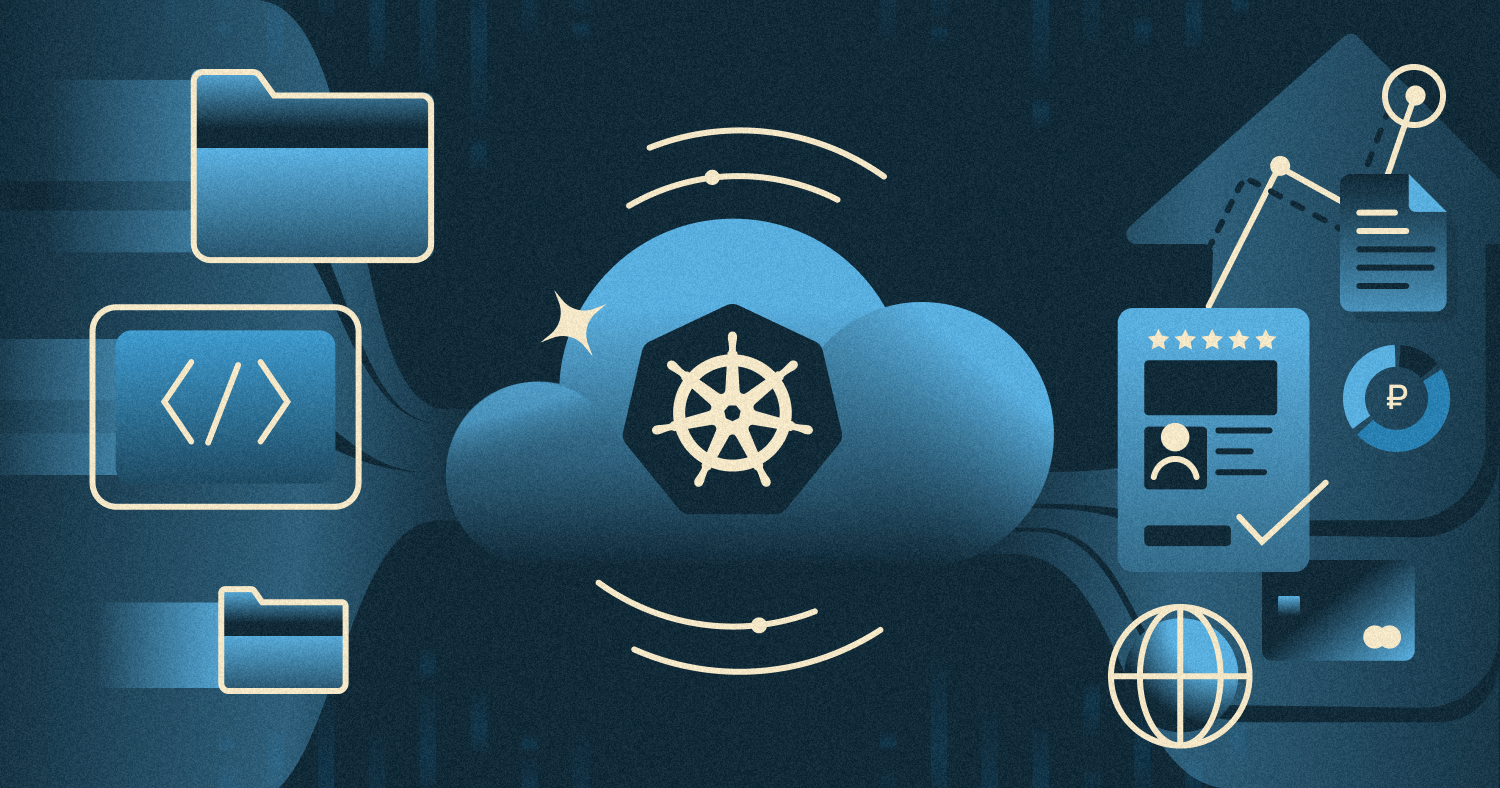Are you looking to control your Docker images and save them in a safe, private environment? A private container registry is the perfect solution for any organization looking for an easy way to keep their sensitive data protected. With the advent of containers, it is more important than ever before to utilize self-hosted solutions that offer stronger security and authentication layers, as well as aid in ensuring compliance across various platforms. No matter if you’re brand new to Docker or already managing several hundred containers using Kubernetes having access a private container registry service lets teams have greater control over their development process while also allowing them to rapidly deploy ready-to-use applications without worrying about security risks.

In the age of containerization using container registry services has become an important aspect of deploying software. To manage the multitude of containers that are used in a program developers can make use of a private or public registry. While private registry allow for stronger security and greater control of who has the ability to access images, public registries give developers a variety of accessibility and availability. The choice of the right registry is a challenging job, but by taking into consideration the pros and cons of each option, developers are able to make the best choice for the needs of their project. In the end, it all depends on the security level and control and level of accessibility that is required.
In today’s rapidly-changing technology development, efficient container management is critical to the overall success of an business. Private container registry services are a great way to manage, store and share images of containers.
A private registry of container images, also known by the name of private docker container or docker, is a container that holds images from containers in a secure way. It is a central repository for managing images from containers and lets developers communicate images across teams as well as applications. Private container registry services are vital for businesses that utilize container-based applications and want to keep their images safe and private.
The ability to integrate private registry services with all major cloud providers is one of the most significant benefits. This lets businesses scale up their storage needs while still ensuring a secure and reliable software delivery. Private container registries are increasingly essential in modern software development pipelines due the popularity of container orchestration and containerization tools such as Kubernetes.
Private container registrations have several advantages over public registry. One of the most significant benefits is that they allow greater control over access rights and permissions. Private registry allows companies to set up individual access control rules that ensure that only authorized users are able to access the images in containers. This minimizes the possibility of unauthorized access to container images and can help prevent security breaches.
Private container registries provide optimal network responses, which can increase retrieval speeds of images. When images are saved in the registry of a private one, they are usually stored nearer to where they’ll be utilized. This improves the speed of access and the efficiency of the program.
Another advantage of private container registries is the ability to set up custom access control. Through a registry, an organization can create access policies which are crafted to enable only a specific user or group to view certain images. This ensures that proprietary or sensitive images are accessible only to authorized individuals.
Private container registries do not just offer a way to securely and efficiently manage container images but also offer a variety of other features that to make managing containers easier. For instance, certain private container registries provide automated scanning of images and vulnerability detection. This can help organizations spot security risks prior to they become a problem.
Private container registries also provide a variety of deployment options that allow organizations to choose the method of deployment that best meets their needs. Certain private registry providers offer an on-premises option, which is ideal for companies that must keep their container image on-premises in order to meet compliance or regulatory regulations. Cloud-based deployment is another alternative that can be more efficient and cost-effective, especially for large-volume containers and image management.
There are many factors to consider when choosing the best private registry. The security of your images is a very important factor. To safeguard images stored in containers from unauthorised access and security threats A private registry should provide robust security measures that include encryption as well as access control and scanning.
One thing to take into consideration is the ease of use. A private registry needs to be simple to use, with an easy interface and user-friendly documentation. It must also be integrated with popular orchestration software for containers, such as Kubernetes. This makes it easier to manage images of containers in a modern pipeline.
Scalability is a further aspect to be considered. The registry should scale up to meet the requirements of businesses as they expand and need to increase storage for images in containers. This shouldn’t impact performance or security.
A private container registry should be a fundamental part of any modern software development process. It provides a secure and efficient method to manage containers and allows companies to scale their storage needs quickly. Private container registry services provide an easy solution for container management thanks to their optimized network response, custom access control, and seamless integration to major cloud computing providers.